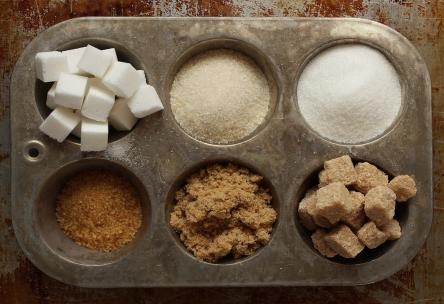Don’t be fooled by this outdated (and potentially dangerous) healthy eating advice

When it comes to nutrition, there tends to be a lot of misinformation floating around. While many eating myths have been debunked over the years (no, carbs aren’t evil after all—and neither is fat!) there are some myths just won’t die. Here are five of the most common:
Myth: Brown eggs are healthier than white.
Truth: Brown eggs may look more wholesome than white, but they’re actually the same nutritionally. Brown eggs just come from a different breed of chicken—so don’t pay more for them.
Myth: Sea salt is lower in sodium than regular salt.
Truth: Both kinds of salt contain about 2,300 milligrams of salt per teaspoon. So using sea salt won’t help you reduce your sodium intake. Regular table salt is also fortified with the mineral iodine, while sea salt isn’t.
Myth: Saturated fat is bad for you.
Truth: There are some kinds of saturated fat that actually don't negatively impact your cholesterol levels: the kind found in coconut and the kind found in chocolate. That’s why coconut oil is an idea oil for cooking and baking—and why a small piece of chocolate every day is okay (hallelujah!).
Myth: Brown sugar is better for you than white sugar.
Truth: Most brownsugar is just white sugar with molasses added to it. It’s true that molasses contains calcium andmagnesium—but in tiny amounts. You’d have to eat about a cup of packed brown sugar to get the amount of calcium found in just half a glass of milk.
Myth: Eggs raise your cholesterol level.
Truth: Egg yolks do containcholesterol, but researchers have discovered that it’s not the cholesterol in food that raises your blood cholesterol levels. It’s more likely saturated and trans fats. So don’t toss the yolk down the sink—it contains valuable nutrients that aren’t found in the white, such as vitamin A.


